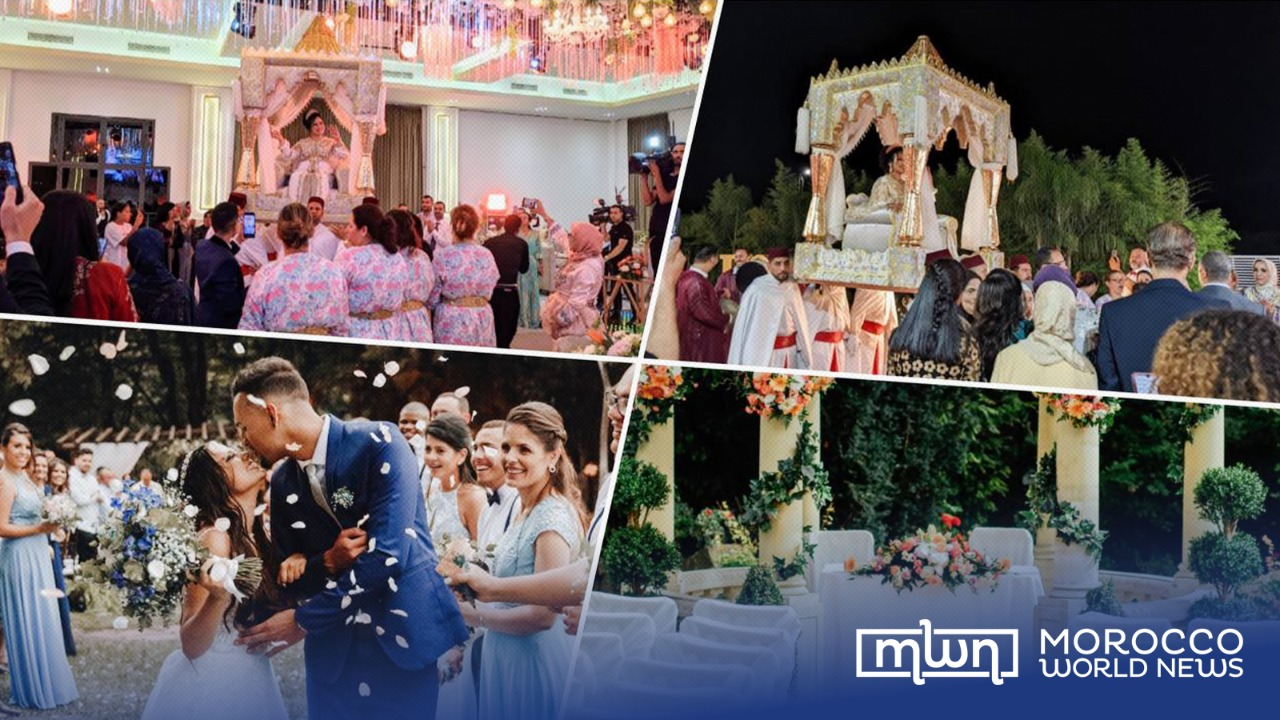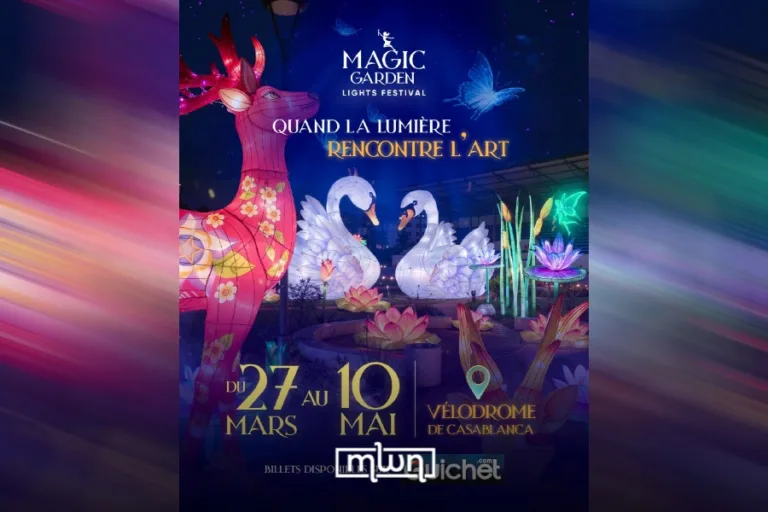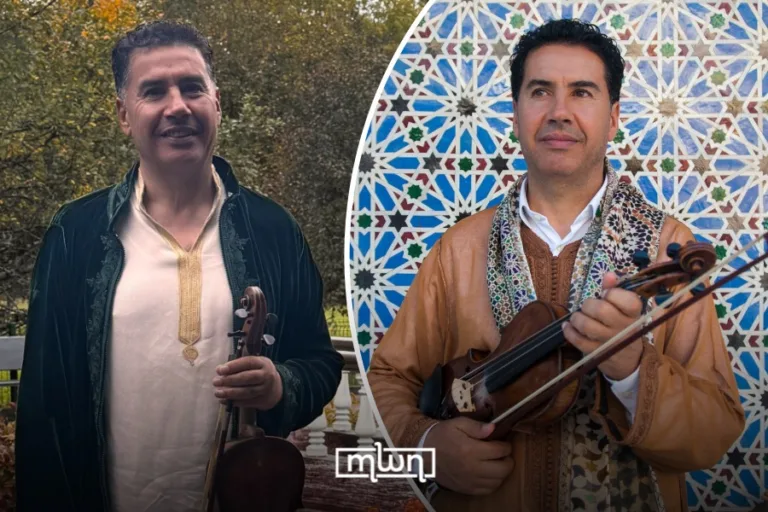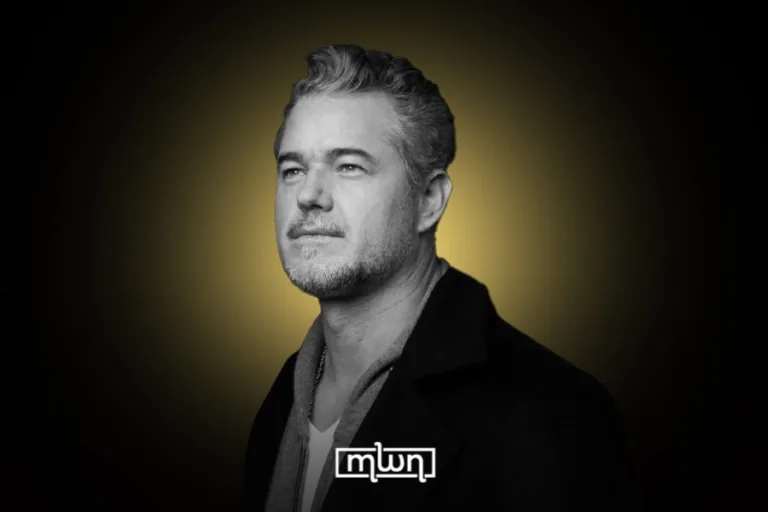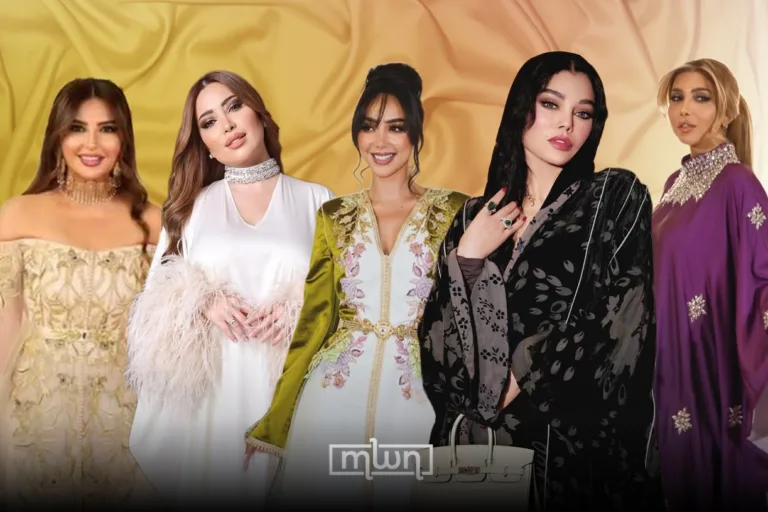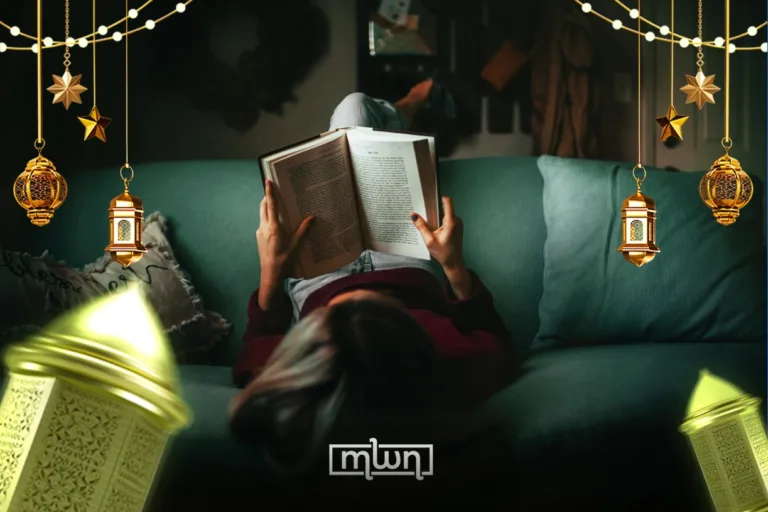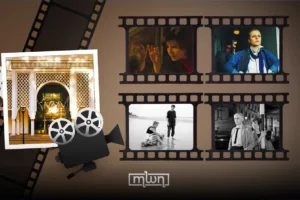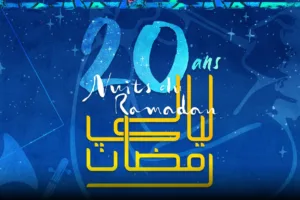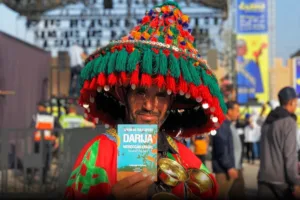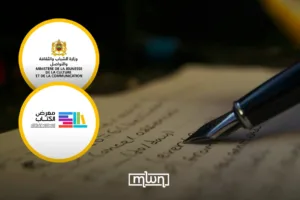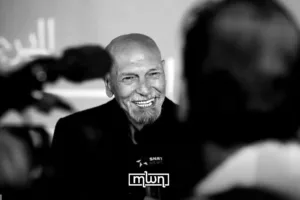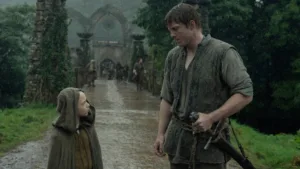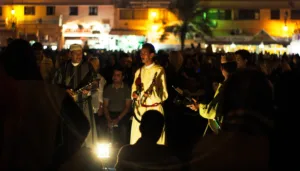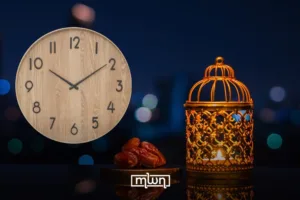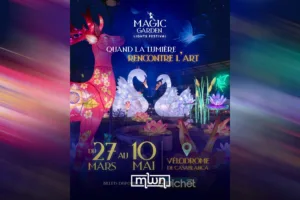Rabat – We are at a British wedding, set in a beautiful green garden behind a quintessentially English stately home. But this is England and you must arrive early, to be reunited with family and friends before the bride makes her entrance.
Everyone is seated early in the afternoon, we wait in anticipation; you watch the bride enter; people cry tears of happiness as she moves down the aisle to a romantic acoustic song, holding her father’s arm. Guests sit and listen as the religious ceremony unravels, thoughtful vows are exchanged, and the rings are swapped, all is sealed and signed with a kiss.
The same cannot be said for Morocco, where guests slowly filter into the wedding venue over hours. Some may not ever arrive, and that is okay. Without a regimented labeled seating plan to be followed, guests pick their preferred seats, and again this is okay. With the religious ceremony done in private, all that is left to do is party.
When the bride finally does arrive around 10 pm or later, she is carried in like royalty on the amaria (a very extravagant roofed carriage). She is followed by the loud beat of a traditional Moroccan band, and the people gathering making shining star gestures with their hands meaning “beautiful.”
The party in Morocco is instant, there is no time wasted, and there is no shyness around the dance floor.
Meanwhile, at the British wedding, everyone sits in their well-thought-out seating plan to avoid any family dramas, with their name alongside a wedding favor beside each chair. The speeches from close family and friends begin; words fill the room with laughter or apprehension as to what deep and embarrassing stories will be shared.
Celebrating, in true English style we continue to drink, and we clink our glasses announcing the odd “cheers to the happy couple.”
Back in North Africa, Negafa women (women hired to help perfect outfits, stage photographs, and organize the general running of the wedding) recite a Salawat, a religious chant to Prophet Muhammad. The song-like tune rings through your ears throughout the evening.
The all-important dress
You are taken aback by the dazzling Moroccan outfits laced with gold and gems. Although this is just the first of many outfits the bride has yet to debut. Each outfit change can represent different areas of the region and their traditional dress.
In England, we stick to the classic white dress normally following a “less is more” approach, and the bride carries a beautiful bouquet, which she will throw later in the evening, the lucky girl who catches it is believed to be the one who will be marrying next.
There may be an outfit change later on in the evening when the bride wants to be more comfortable dancing, though that is not that common.
Whereas in Morocco you can barely keep up with the constant changes in the bride’s attire. Each outfit change calls for a big entrance, and all eyes are on the bride, sometimes even the guests change their clothes halfway through the evening.
Wedding gifts
In England a discreet list of gifts is given to guests leading up to the wedding, we pile the gifts up in the corner of the room neatly wrapped.
Following suit, Morocco is not so subtle. Gifts are paraded through the wedding reception area, sometimes balanced on someone’s head to add extra finesse. The gifts are a mixture of shoes, jewelry, a giant platter full of dates, and sometimes bags of sugar, or henna leaves. The bride and groom sometimes feed each other one of the dates and give each other a sip of Leben (sour milk).
The big moment
Later on in the evening, the celebration comes to a stop in England as we gather around the dance floor to watch the bride and groom have their first dance together. This is a slow dance with a carefully selected song that means something to the couple. Gradually other couples filter onto the dancefloor and join them.
In Morocco, the couple’s big moment together is repeated each time the bride re-enters in a new outfit, and they go to sit on the intricately arranged stage, where they proceed to have picture after picture. Each time the Negafa rearranges the bride’s gown and repositions her hand to show off her henna designs in the best way possible.
Sometimes the couple debuts their newly married selves in another way, the groom may kiss the bride’s forehead.
Nonstop food
Dinner service in the UK begins much earlier, around 5:00 pm. British guests enjoy a three-course dish. Nowadays fewer people choose to have traditional English meals, instead choosing a theme or picking the food based on the couple’s favorite cuisine.
In the Western world, the party is now in full swing as people fill the dance floor and the DJ works their way through a pre-decided playlist, or they have a live band or sometimes a buffet around 9:00 pm.
The time is 2:00 am in Morocco, and the guests have already been treated to endless canapes and Moroccan mint tea, though now it is finally time for the main meals, with emphasis on “meal” being plural.
Farewell
Meanwhile, in the UK it is time to say your final farewells to guests who are now fully saturated with alcohol and fatigue. This is a character-defining moment at the British wedding — you are either behaving in a lary manner and being hushed by less drunk family members; sleeping hunched over in the corner, or saying a civilized goodbye to family and friends.
In Morocco celebrations remain awake and civilized; waiters arrive in a synchronized fashion with giant platters, and they lay down the meal in the center of the table ready to be shared.
At this wedding in particular a generous portion of pastilla is given to each guest. Pastilla is a pastry dish whose filling is herbs and spices with either ground chicken or fish meat. Almonds are placed on top to give a sweet taste.
After that rather substantial starter, a tray of meat is placed in the center decorated with vegetables, and a side plate of herbs, olives, and peppers. Pulling off bits of meat in a traditional way involves using broken-off sections of bread in your right hand instead of using cutlery.
By this point, you are feeling like you need to loosen your belt, and that is essential if you are planning on eating the sweets that follow.
A huge fresh fruit platter, more tea, dates covered in chocolate as well as ice cream cake arrive one after the other. Each portion is equally as big as the last. Finally, the eating comes to an end and it is time to try and dance off the calories you have consumed.
People wave napkins in the air in a helicopter style and chant the salawat along with the Negafa women.
Another outfit change calls for a further photo shoot and finally, the wedding comes to a close, at around 5:00 am or later. Despite the early hours of the morning elderly guests and children are still raring to go and continue to be the life and soul of the party.
At this moment in the UK, you will find everyone has long finished their party and is fast asleep just as the sun rises in Morocco and guests wish the bride and groom well, as they finally go to get some well-deserved rest.

